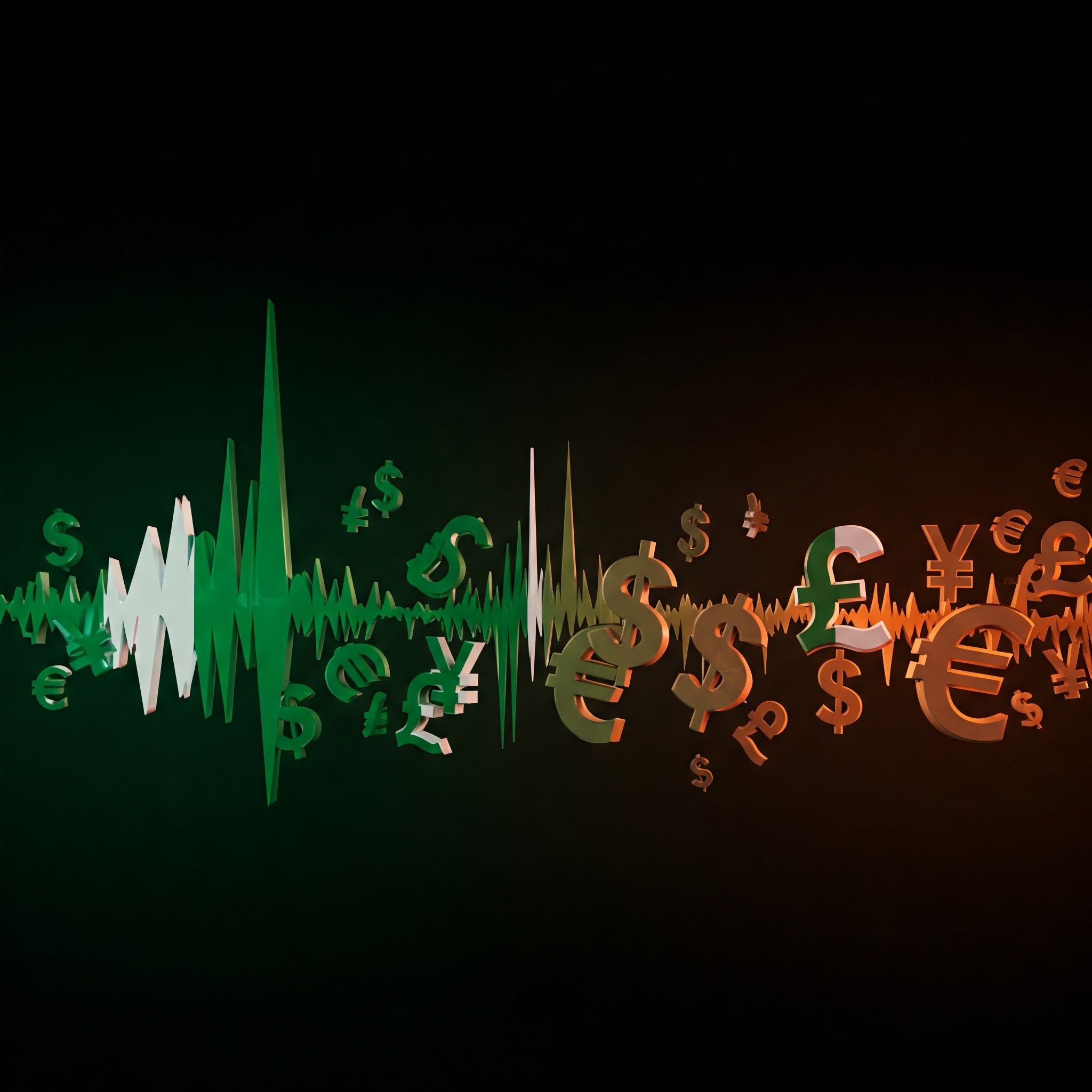
Unpacking the Revenue Disparity in Music Streaming for Nigerian Artists
The conversation around money is never a simple one, especially in the Nigerian music industry, where the road to transparency in royalty tracking and collection has been long and still far from over. It’s a marathon, not a sprint. Recently, someone reignited the long-standing debate that music alone might not be enough to sustain an artist in Nigeria. The income from music streaming in Nigeria is barely enough to make a living, and the sheer disparity between what artists earn and what their global counterparts take home from the same platforms cannot be ignored.
So, we decided to stick our noses into the conversation, well, not exactly. We just did a little bit of digging, and now we are sharing the facts we found. The verdict? Well, that’s for you to decide.
The Stark Reality of Music Streaming in Nigeria
A staggering ₦58 billion. That’s how much Nigerian artists earned in 2024 from Spotify alone. Impressive, right? Especially when compared to previous years. I won’t lie, when I saw those figures, I had already started making plans: quit job, pursue singing career (heavy emphasis on the “pursue”). After all, Arya Starr doesn’t have two heads.
But before I could get started, Burna Boy shattered my dreams with a single SM post.
At the heart of the issue is this: Does local popularity equal real income? To put things in perspective, a Nigerian artist might earn around $400 for every million local streams, while an American artist could earn around $4,000 for the same number.
Most point to the difference in subscription fees. In Nigeria, the average is $0.82, while in the U.S., it’s $11.99. But if local subscription prices are to blame, what about international streams? What about advertising revenue?
With Nigerian artists featured on over 250 million playlists worldwide, why does their revenue still pale in comparison to their international peers?
Breaking Down the Streaming Income Gap
Several factors contribute to the gap in earnings between Nigerian artists and global artists, from subscription fees and ad models to currency valuation and economic realities. So let’s start with the most obvious: subscription costs.
The Subscription Model
It does not take a genius to figure out that the cost of accessing music streaming in Nigeria plays a huge role in the revenue generated. We compared Spotify and Apple Music individual plan prices across six countries: Nigeria, South Africa, South Korea, Brazil, the U.S., and the UK. All amounts were converted to U.S. dollars using April 24, 2025, exchange rates.
Nigeria offers the lowest subscription fees, Spotify Premium at roughly $0.81 and Apple Music at $0.62. On the other hand, the UK has the highest $15.95 for Spotify and $14.62 for Apple Music.
The difference? A reflection of economic realities and purchasing power.
But What About Ads?
Some may argue that free plans are supported by ads and so, even where a large proportion of users rely on the free tiers, there’s the advertising revenue to rely on. But can Nigeria’s digital advertising market be compared to the Western markets?
And Before you quote the growth projections: yes, internet advertising revenue in Nigeria is expected to more than double between 2023 and 2028, with a projected 8.6% annual growth rate in the broader Entertainment & Media sector.
We’ve seen the forecasts, but forecasts are not earnings. Not yet.
And so, while ad-supported streams contribute something to the overall streaming income, it’s not nearly enough to bridge the gap.
Naira vs. Dollar in Music Streaming
Let’s talk foreign exchange. How does the naira’s decline deepen the revenue disparity?
In 2021, a ₦900 Spotify subscription translated to about $2.50. Fast-forward to 2025: ₦1300 now converts to roughly $0.82.
The issue isn’t whether Nigerians can pay more to support their favorite artists, because technically, they are. The issue is that the Naira is significantly weaker than most global currencies. And as long as streaming payouts are tied to dollar equivalents, the revenue for Nigerian artists will continue to take a hit.
Add to that the limited disposable income of most Nigerians, and music subscriptions fall even lower on the list of spending priorities. And so, the affordability of these streaming services is such an important factor for wider adoption. However, lower subscription fees also mean lower payouts for the artists.
And let’s not even start on the cost of data. Have you seen the price of data plans lately?
All these directly limit the potential users of streaming platforms, reducing the ecosystem’s overall earning potential.
Fame is Not Always Financial
Luckily, Afrobeats has already crossed global borders. Its international success could be the ticket to accessing more profitable markets.
There’s a strong local appetite for Nigerian music. But is that enough?
Streaming platforms rely primarily on subscription income. That means payouts are distributed based on where listeners are and how much they’re paying.
So even if Nigeria had the same number of subscribers as the U.S., the lower fees would still result in significantly less revenue, translating into smaller payouts for Nigerian artists.
So does that mean that to boost their income, artists must expand their reach into markets with higher-paying audiences? The love at home is great, but it doesn’t always pay the bills.
Luckily, Afrobeats has already crossed global borders. Its international success could be the ticket to accessing more profitable markets.
Conclusion
Despite the economic and industry challenges, Nigerian music remains a powerhouse.
Its growing global popularity offers a real opportunity for sustainable growth, even for young, lesser-known talents.
And perhaps, the underlying message is: Global reach equals global revenue potential.
If we ever consider bridging the earning gap, then maybe addressing the underlying economic and infrastructural challenges within Nigeria will be a great place to start.



